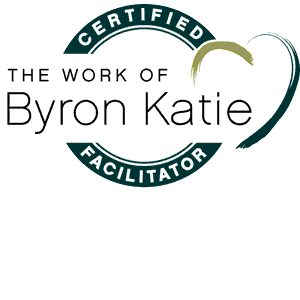I love stories. I was an English teacher for twenty-five years; I taught mythology, where my first lecture always defined human as meaning-making animals. How did they make meaning? Through the stories they told each other about themselves and their world. Throughout my career I encouraged teens to read stories to each other, to themselves and to younger children. We told our own stories and then wrote them down and dived into the oral tradition by telling myths as they were meant to be told, in a circle with the lights off. I created classes where kids could share from their deepest being the stories that they had lived, crying together and then creating new, healing stories.
Up close and personal, my own drama-filled story continued to teach me about something deep, archetypal, powerful. I told my stories again and again wrote them down, and groped my way into meaning in the process. The stories I created about my stories had deeply changed my own life. And I knew the human bond of love that forms when people share their stories together.
So what attracted me to a process that asked the question, on bumper stickers yet, Who Would You be Without Your Story? I don’t know, except that when I first heard the question a gong rang deep inside. Who would I be without my story? The question was a silent opening beckoning me inside a new relationship with inner life.
I had been immersed in a story of grief for the last year. One of my best friends, a renowned scientist named Jack, had drowned while he was a fly fishing. He had been after The Big One, just like he did every fall when the salmon returned. He would it bring it back for a sumptuous feast with the tribe of friends who praised the fish and his prowess catching it.
Ever since that day, I had sat with his widow, processing again and again the stories that contained the meaning of their lives together. Jack’s obituary was printed worldwide, the press intrigued by the story of a man whose life had centered around lakes, rivers, and oceans who had drowned in such a freak accident in the element he loved so well. Within a year the story was no longer new,. Within a few more years the story of his death, as well as that of his accomplishments, would became a historical footnote. His storical.
So when the question, “who are you without your story?” caught my eye, I knew exactly what it meant. I had come to a place in my life where the deepest, most evocative stories I knew didn’t “tell the whole story.”
As powerful as stories are, I saw them for what they offered: they are the finger pointing at the moon. The stories that forge us and bring us health, the stories of our lives, the ones that we write and re-write as our spirits develop while we’re here in these human bodies…those stories…do heal us and give us meaning. But after the story is lived through, on the other side, there is a silence of knowing. A place without a story. That was what I longed to discover. Having lived the story and made the meaning, having watched the outer story and the inner story intertwine and become something with the power to teach and heal, I knew there was something even deeper that was left. A place without a story. It was a longing for this place of grace that brought me to inquiry.

